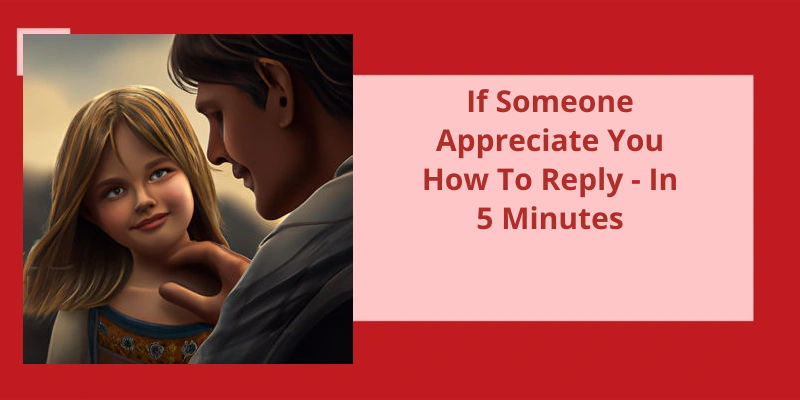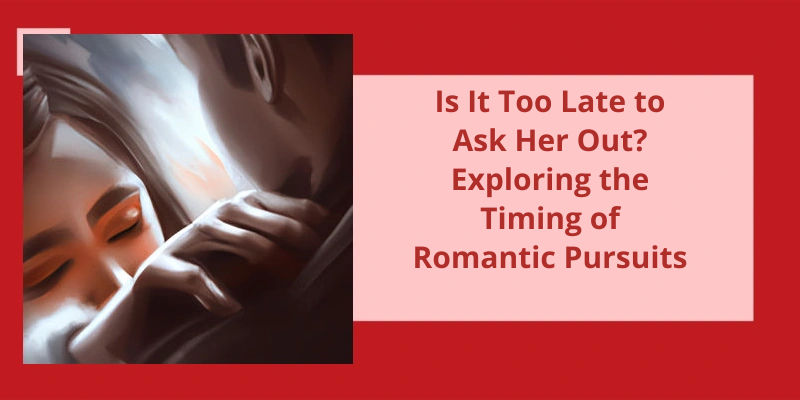With the rise of the Me Too movement, more and more people are becoming aware of the prevalence of sexual harassment and assault in society. As a result, it's not uncommon to receive a text or message from someone that expresses support or solidarity with the movement. While it may seem like a simple message, responding in the right way is important to show that you understand and support the cause. One common text that people receive is "Me too." It may be tempting to respond with a simple "Me too," but there are actually a few different ways to answer. The proper response may not be immediately clear, but it's important to choose an answer that’s respectful and appropriate.
Is It Rude to Reply to You Too?
When someone says “you too” to you, it’s usually not considered rude. In fact, it’s often seen as a polite way to respond to someones kind words or wishes. For example, if someone says “Have a nice day,” it’s perfectly acceptable to reply with “You too!” as a way to reciprocate the sentiment.
However, it’s important to note that context matters when it comes to using this phrase. Likewise, if you use the phrase too often or in the wrong situations, it could start to lose it’s effectiveness and come across as insincere.
In some cases, it might be more appropriate to use a different phrase or simply thank the person for their kind words without trying to reciprocate them.
Ultimately, the key to using any phrase or response in a polite manner is to be genuine and considerate. If youre not sure how to respond to someone, take a moment to think about what you want to say and how you want to say it. By approaching every conversation with kindness and sincerity, you can ensure that your responses are always polite and respectful, no matter what the situation.
Alternatives to “You Too” as a Response.
- Thank you, I appreciate it.
- Same to you!
- Thanks for saying that.
- That’s kind of you to say.
- You’re too kind.
- Thanks, but I’ll pass this time.
- Maybe next time.
- I’ll have to decline, but thank you.
- Thanks for the offer, but I’m good.
- I appreciate the gesture, but no thanks.
When expressing a sentiment of reciprocity or well wishes, it can be easy to fall into the habit of using the overused phrase “you too”. However, there are other more polite and sincere alternatives for conveying the same message. One of these alternatives is “and to you”. So what exactly is the proper way to say “you too”? Let’s explore further.
What Is the Proper Way to Say You Too?
The proper way to say “you too” largely depends on the context and tone of the conversation. However, in more formal or professional settings, it may come across as lazy or insincere.
This phrase conveys a slightly different sentiment, one that can be seen as more sincere or thoughtful. It also sounds more polished and professional than the casual “you too.”
Another option is to mirror the sentiment of the initial comment, but in a slightly different way. For example, if someone says “have a great day,” you could respond with “I hope you’ve a wonderful day as well.”. This not only shows that you’re reciprocating the sentiment, but also gives you the opportunity to personalize your response.
It’s also important to consider the tone of the conversation. “You too” may come across as disingenuous if the person saying it sounds bored or uninterested. Conversely, “and to you” may be more effective if delivered with warmth and a genuine smile.
Ultimately, the most important thing is to consider the context and the person you’re speaking to. By taking the time to consider your response, you can ensure that your words are received as sincere and respectful.
Alternatives to Using “You Too” That Sound More Natural and Personalized
- Thanks, same to you!
- Have a great day!
- Thank you, I wish the same for you!
- Hope you’ve a wonderful [insert day/time]!
- Enjoy [insert activity/event]!
- May your [insert desired outcome] be successful!
Source: “And to you” or “you too”? – English Stack Exchange
Now that we’ve a better understanding of the primary uses of “you, too,” let’s dive deeper into the proper etiquette when using this phrase.
Is It Correct to Say You Too?
For example, if someone says “Have a great day!” it’s perfectly acceptable to respond with “You, too!”. This is a common and polite response that’s often used in everyday conversation, especially when people are parting ways. In this context, saying “you, too” is a way of reciprocating the good wishes for a happy day or event.
However, the meaning of you, too can change dramatically when it’s used in a different way. When followed by a comma, you, too can be used to agree with something that someone has just said. For example, if someone says “I love your outfit today,” you could respond with “You, too.”
It’s important to note that using “you, too” in the wrong context or with the wrong punctuation can lead to confusion or even offense. For example, if someone says “Im sorry for your loss,” responding with “You, too” would be inappropriate because it implies that the other person had a loss as well. Similarly, if someone says “I don’t like spicy food,” responding with “You, too” would also be inappropriate because it implies that you don’t like spicy food either, when in fact you might like it just fine.
However, it’s important to pay attention to the context and punctuation so that you don’t accidentally offend or confuse someone with your response.
Differences in Meaning Between “You, Too” and “Same to You”
“You, too” is a common response to a statement made by someone that includes a sentiment or an action they’ll be doing, indicating that the same sentiment or action applies to the person they’re speaking with. “Same to you” means that the same sentiment or action applies back to the original speaker.
Conclusion
In summary, responding to "me too" text messages can sometimes be a little tricky. It's important to approach these conversations with sensitivity, understanding, and respect. While there are a few different ways to respond, it's important to choose a reply that’s clear and unambiguous in it’s meaning. The phrase "And to you too" is a safe and appropriate response that shows appreciation for the conversation while avoiding any potential misunderstandings. Taking the time to respond thoughtfully and empathetically can go a long way in fostering positive and respectful communication with others.






